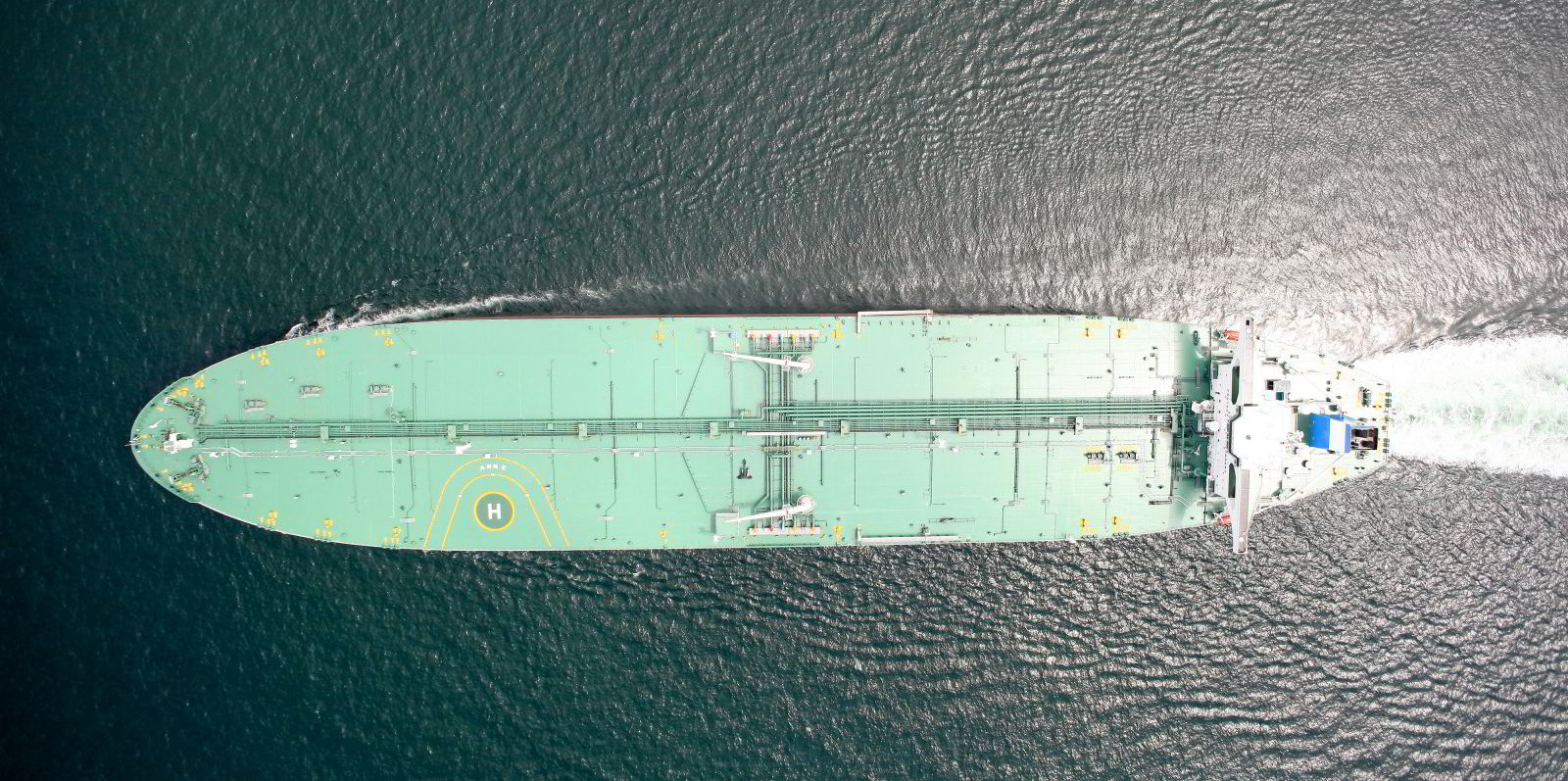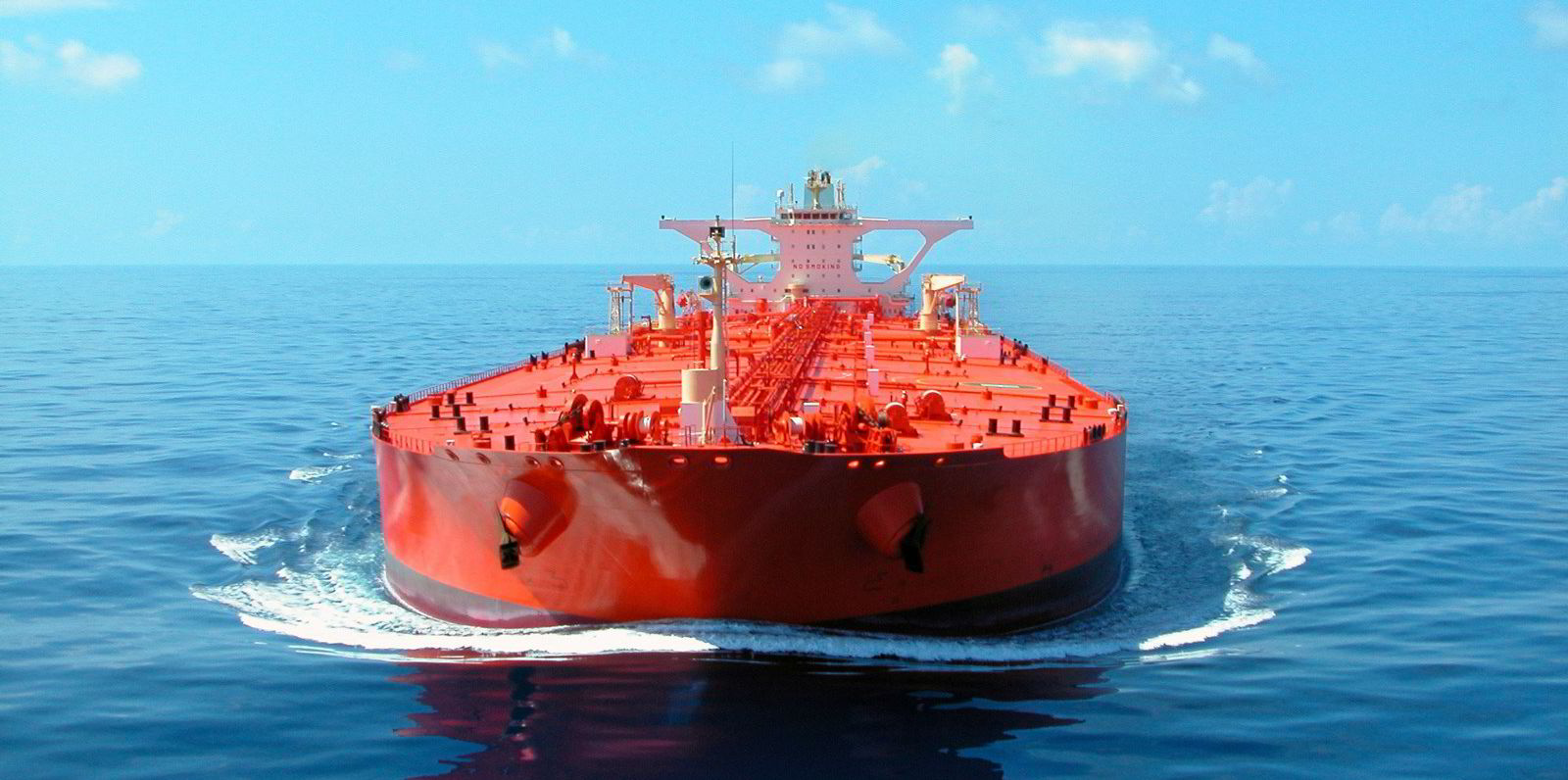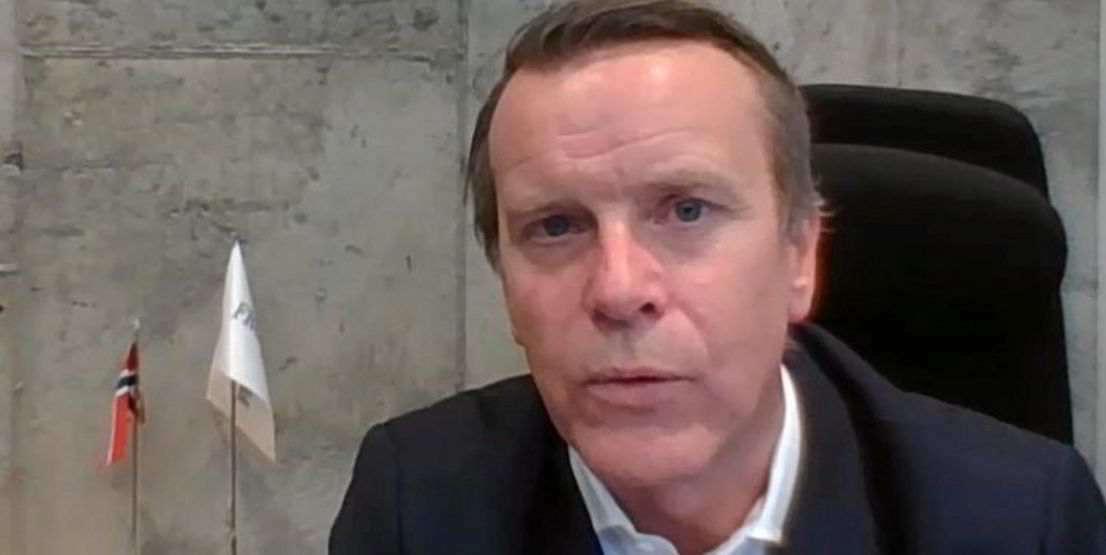VLCC rates continued to struggle on Friday as a lack of Atlantic basin cargoes caused a build-up of ships in the Middle East.
Clarksons brokers noted that Atlantic deals are "entirely absent", with plenty of tonnage now available east of Suez as owners prove reluctant to ballast ships to the west.
The group's investment bank Clarksons Platou Securities said this can partly be explained by the rising spread in price between Brent and Dubai oil, which has made Atlantic crude more expensive, as it is based on the former.
"Fewer cargoes from the Atlantic are also negative for the tonne-mile [picture], since it's a shorter distance to Asia from the Middle East Gulf than the US," the company added.
Clarksons Platou assesses rates as under pressure, with fuel costs rising. VLCC spot earnings for eco ships stand at $9,500 per day.
UK shipbroker Howe Robinson Partners said non-eco vessels are earning a notional negative figure of $2,194 from the Middle East to South Korea.
The shop added: "The new year's hangover persists across the VLCC markets.
"Generally, what is getting fixed in the Middle East Gulf seems to be under the radar and the odd market cargo fixes just under last done levels."
Several offers per cargo
Fearnley Securities said earnings are still tumbling, with a lack of cargoes meaning several owners are offering in on each February loading.
Bunkers in Singapore are priced at $691 per tonne for very low sulphur fuel oil, and the investment bank calculates Middle East to Asia routes at minus $6,500 per day on average.
Fearnleys believes the key to an improvement remains the winter season in the second half of 2022, when better oil supply should help markets.
"The higher oil prices certainly indicate need for increased production and subsequent higher tanker demand," it said.
Brent crude is trading at $88.44 per barrel.
Tanker owner Frontline's chief executive Lars Barstad said this week that he expects to see much more crude on the water if the price reaches $100.






